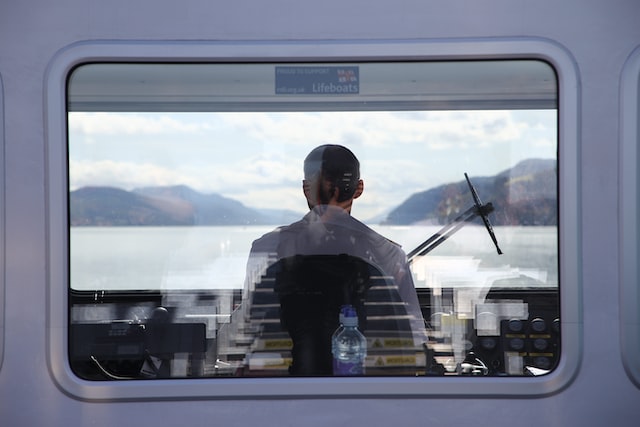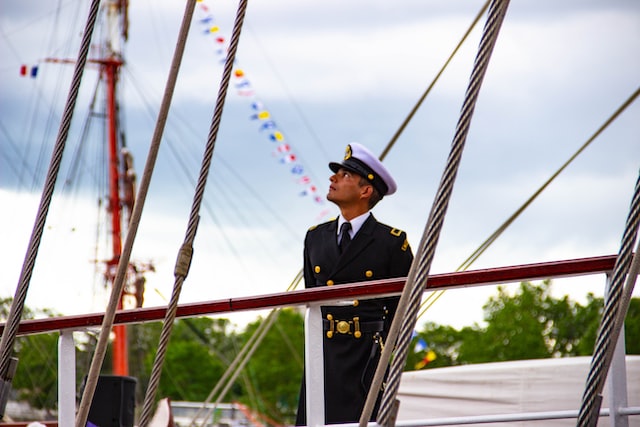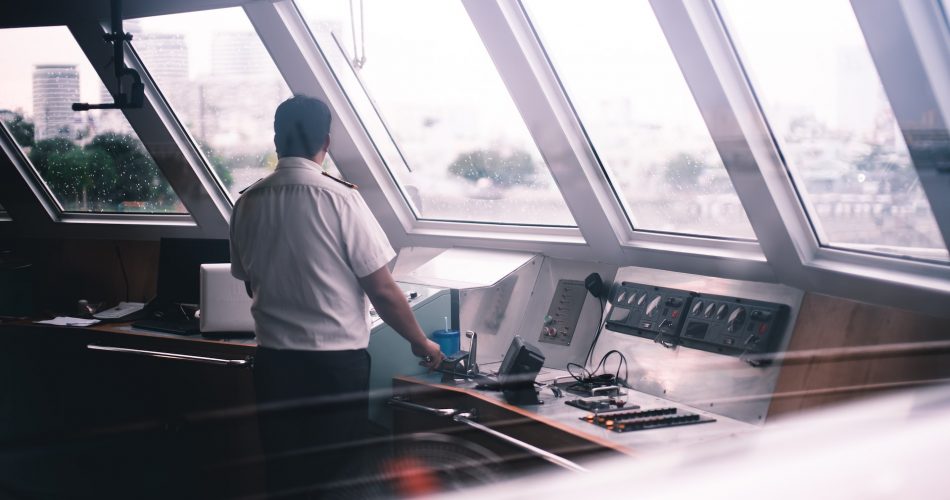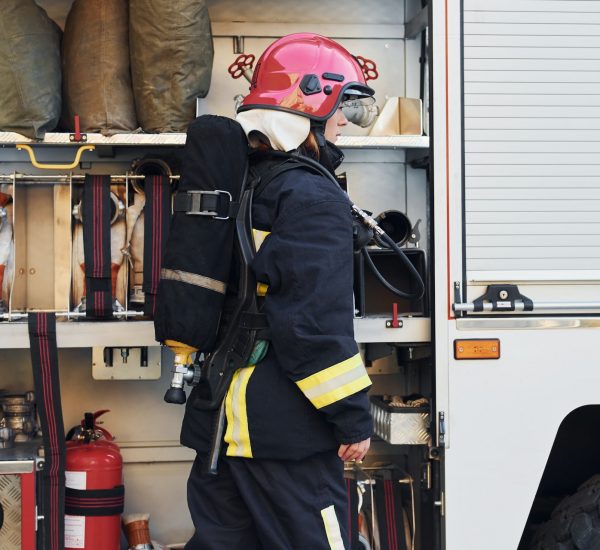Whether you have a dream of working as a cruise ship captain or you’re a seasoned professional, there are many ways to get started on the road to your new job. You may also want to consider a cruise ship captain training program, which can help you prepare for the seas and make you more comfortable with the job.
High school diploma
If you’re interested in pursuing a career as a cruise ship captain, there are several things you should know. Whether you’re just starting high school, or are already working, it’s important to understand the educational requirements for becoming a cruise ship captain.
First, you’ll need to have a high school diploma. While a high school education is generally required, some cruise ships offer on-the-job training programs. This will give you a chance to gain experience before making the jump to a full-time career.
Another option is to enroll in a maritime academy. Maritime academies are specialized institutions that teach students the skills needed to become a captain. However, getting into a maritime academy can be a challenge.
There are also on-the-job training programs and refresher courses that are available. The more education you receive, the better. You’ll also want to have excellent communication and interpersonal skills.
Finally, you’ll need to pass a physical examination. This is to make sure you’re physically fit to perform the duties of a ship captain.
Internships
If you’re interested in becoming a cruise ship captain, you’ll need to have a strong education and experience in the field. Luckily, there are several ways you can prepare. You can start by applying for internships. This will give you hands-on experience and can help you put together a resume.

Photo by Jaleel Akbash on Unsplash
Depending on your desired job, you may have to attend a marine academy to learn the right skills. There are also advanced degree programs designed specifically for cruise ship captains.
As you’re looking for internships to become a cruise ship captain, you’ll want to make sure you’re putting your best foot forward. To do that, you’ll want to create a digital list of the skills and certifications you’ll need for each role you apply for.
For example, you’ll need to have a working knowledge of Microsoft Office Suite. You’ll also want to be able to work independently. A good knowledge of Vessel Sanitation Standards, infection control practices, and other aspects of health and safety on board ships will also help you stand out.
Gender or race shouldn’t be a barrier
Cruise ship captains have the important job of overseeing thousands of passengers and crew members. They work long hours and have to handle a lot of pressure. Captains are in charge of keeping the ship safe, ensuring that passengers are happy, and ensuring that the ship reaches its destination on time.
Women who want to become captains have many options. They can start out as a deck officer. They can also join the Navy Reserve or become a Coast Guard Reserve captain. A bachelor’s degree is usually needed, and a drug test is required. Some captains have gone on to earn a master’s degree or a doctorate.
A number of cruise lines have taken steps to make it easier for women to become ship captains. For example, MSC Cruises has sponsored Chiltern Maritime, a program that helps women pursue careers in the maritime industry. The company also offers peer-to-peer mentorships and fosters female interest in maritime professions.
Keeping composure and acting decisively in an emergency
Cruise ship captains are in charge of overseeing thousands of passengers and crew members. While they may seem like they have a lot on their plates, they have to act as calmly and decisively as possible in all circumstances.

Photo by Philippe Oursel on Unsplash
The job is not easy, especially for women. Captains often experience mental stress. They are also responsible for ensuring that the vessel leaves on time and that all passengers and crew members are safe. In addition, they must understand weather conditions and ocean currents, and have an excellent understanding of maritime engineering.
It’s also important for captains to be able to keep composure when a ship is facing a medical emergency. Medical emergencies can be difficult, and the captain and crew must be able to think quickly in order to find the best way to deal with the situation. If the situation is severe, a helicopter may be required in order to evacuate the ship.


